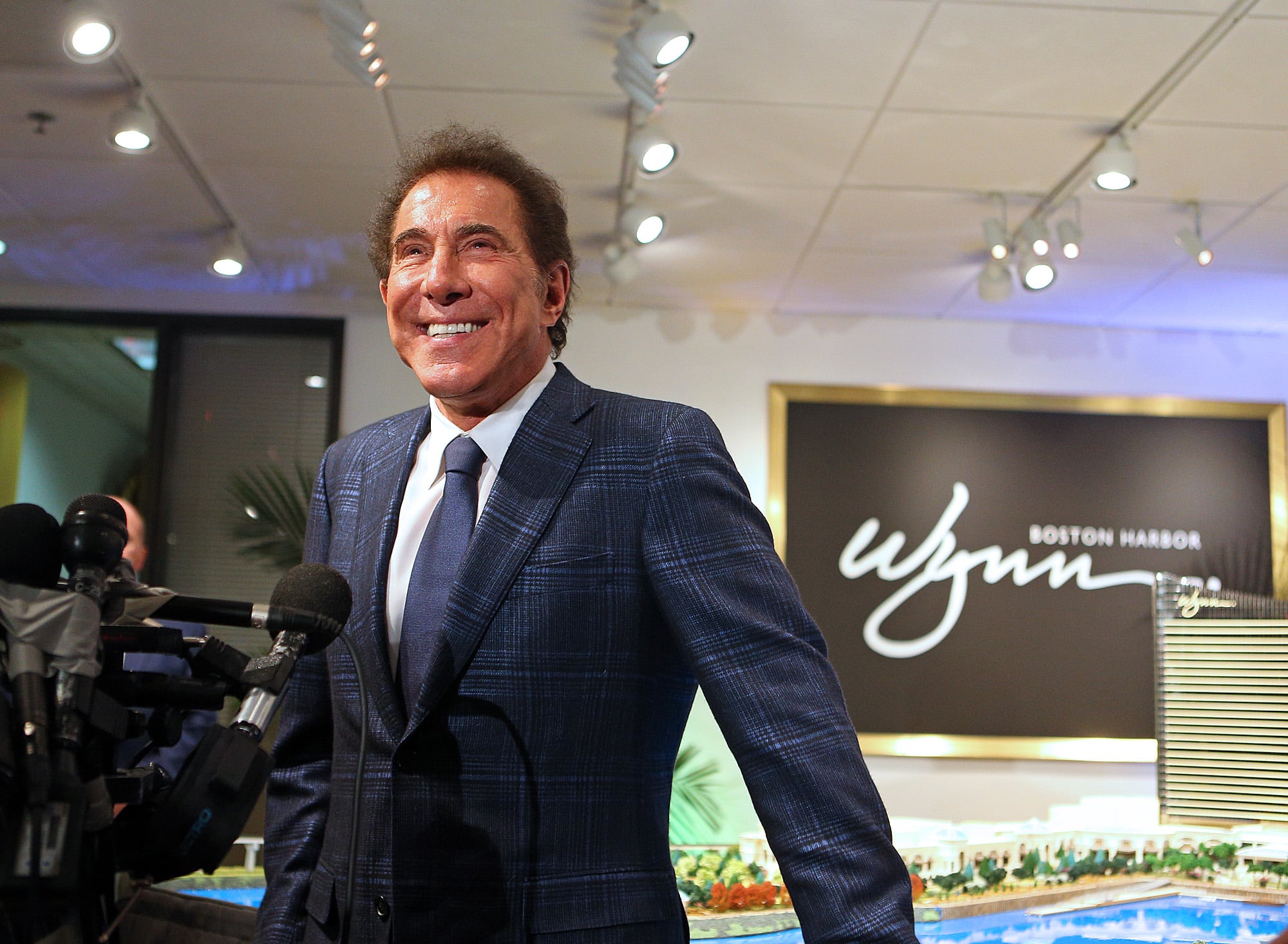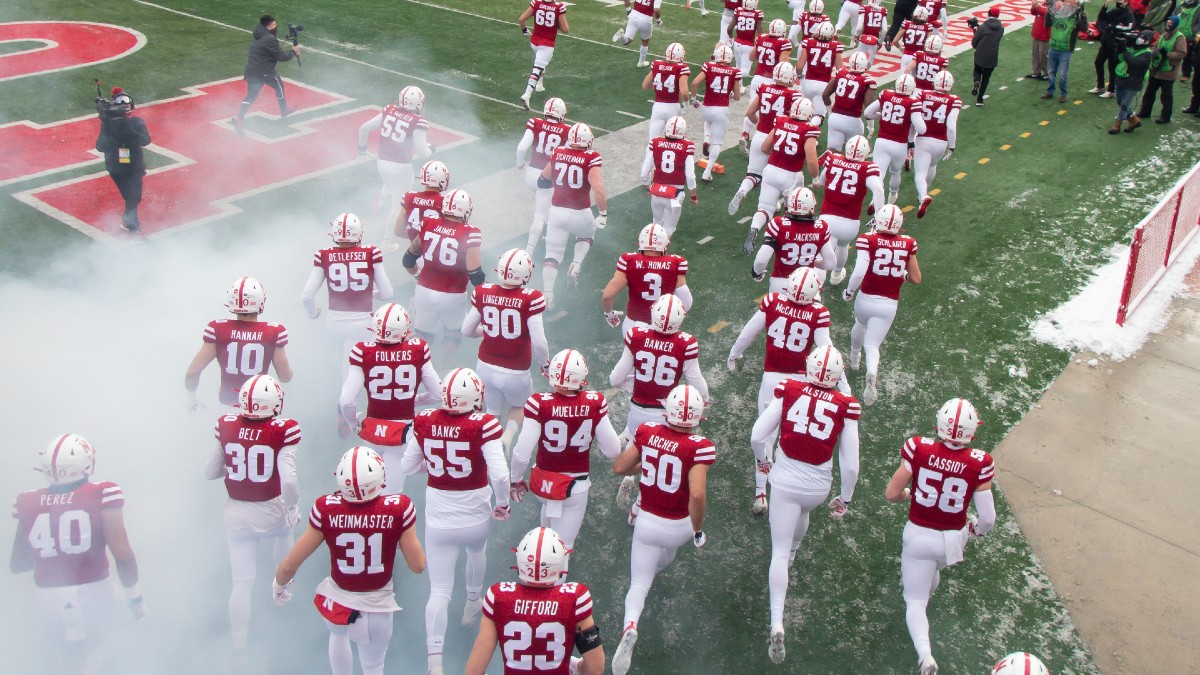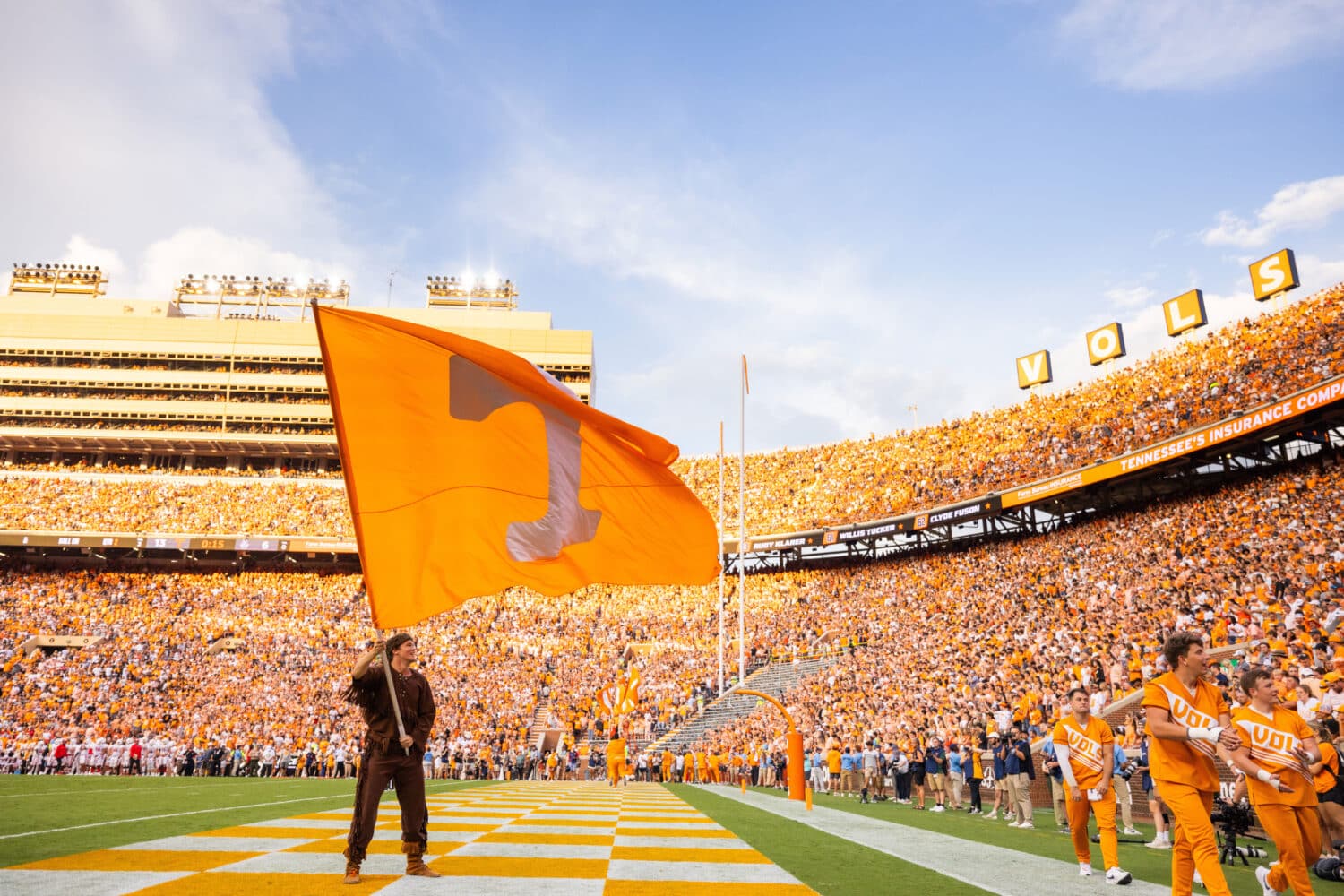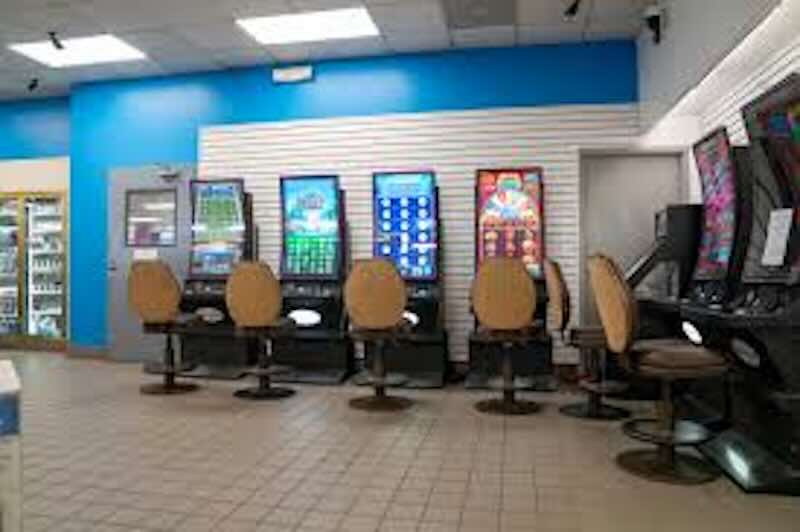
Will the US hop aboard the esports betting wagon?
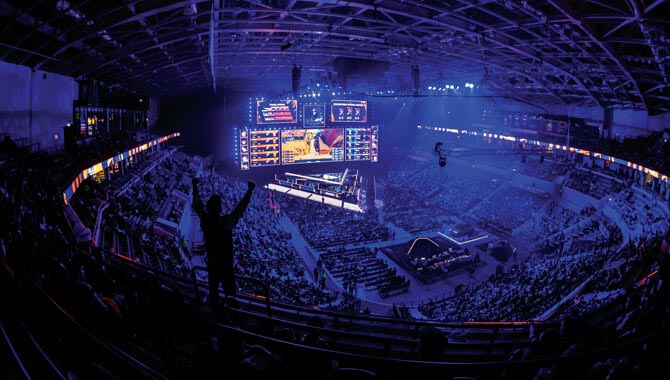
The popularity of esports has seen major growth inside the US. Statisticians project that esports viewership in the US will reach approximately 46 million by 2023, and as viewership numbers grow, so too does esports betting activity. However, US states are still struggling to legalize traditional sports betting, which has been more firmly established nationwide. While traditional sports betting is legal in 30+ states, esports betting is legal in only four: Nevada, New Jersey, Tennessee and West Virginia.
VISUALIZING A ROADMAP TO ESPORTS LEGALIZATION IN THE US
There is a widespread perception that legalizing esports will be a more complicated business than the legalization of traditional sports betting. Many legislators in the US have yet to grasp the global reach that esports has. But popularity has not yet translated into acceptance for US legislators.
Why is this? There is perhaps some truth to esports betting being more complex than traditional sports betting; the value chain of a bet offer can be very long, extending from the affiliate offering match data, to the oddsmaker, to the operator turning those odds into an offering. Everyone in this chain must receive a license and gaining these licenses is a difficult affair.
“As the US pivots away from its static focus on pre-match betting and becomes more accustomed to in-game betting, the potential for esports to take off grows.”
Bayes Esports has recently obtained a New Jersey license, and its Colorado one is in the pipeline. It is working with two separate law firms, one in the US and one in Germany, to find out what requirements are necessary to get more licenses. However, Bayes Esports Managing Director Amir Mirzaee observes that many state legislatures don’t seem to understand what they are asking for from esports operators.
As the US pivots away from its static focus on pre-match betting and becomes more accustomed to in-game betting, the potential for esports to take off grows. The fun of esports wagering primarily lies in the frenzy of interactive live betting as matches are being played, with odds ever-changing. However, many legislators cling on to concepts they understand and have been demonstrated to work; this makes for a fragmented legalization process.
A RELUCTANT EMBRACE
It would be fair to say that the US as a whole has yet to accept esports betting with open arms. However, Mirzaee still sees hope. He cites Nevada as an example of a US state that wants to understand esports and reap financial benefits from it. He says: “The Nevada Gaming Control Board did a good job inviting a lot of industry players to present how this whole industry works, how the ecosystem works and what the players do in their day-to-day and how it’s connected. How integrity is handled and how betting integrity, in particular, is being addressed; they’re taking a moment to understand what to do right now.”
Esports data sources represent a ropy issue when it comes to esports, one that is struggling to get a grasp on the esports betting process. They’re unsure of how a data point is turned into a probability and are therefore reluctant to enforce something they do not understand. From their perspective, brick-and-mortar venues embody simplicity: you go to a match and fill in a betting slip.
SCANDALS SETBACK
Equally unhelpfully, there have been numerous scams in esports, but the most notorious one among fans is the 2016 CS:GO skin scandal. Two popular esports YouTubers promoted a CS:GO skin gambling site that they secretly owned and encouraged their followers to bet on it. While there were no deposits made on the actual site (CSGO Lotto), there was a large gray market that involved micro-transactions and the exchange of real money.
“Mirzaee believes the occurrence of more scandals will be a ‘great’ thing for the esports industry as a whole, as it will uncover more unofficial data sources and game publishers ‘who are not forward-thinking enough to be in the betting game yet.'”
One might ask if these scandals, combined with the complexity of the scams, could also be a cause for concern among US legislators. Mirzaee comments: “With the skin scandal, at the end of the day it is good for the industry as a whole. These things have to happen for everybody to understand, particularly game publishers, that their participation in the ecosystem is mandatory.
“I think the biggest mistake game publishers can make is to turn a blind eye and say ‘betting is not happening in my sport,’ which is just untrue; betting is happening whether they want it or not… It’s a double-edged sword. The bigger the ecosystem, the bigger the fan base and the more betting that’s going on.”
This is a valid point. Almost every form of gambling that has not been officially legalized has either gray or black markets where these forms of scandals and scams are more likely to occur. There may be some underlying concern among game publishers about having their brand names attached to esports companies due to past scandals. However, Mirzaee believes the occurrence of more scandals will be a “great” thing for the esports industry as a whole, as it will uncover more unofficial data sources and game publishers “who are not forward-thinking enough to be in the betting game yet.”
WILL US STATE LEGISLATURES CHANGE THEIR ATTITUDES?
Nevada, with its long history and heavy reliance on gambling tax revenue, has been one of the few states to show a progressive attitude toward esports betting. This is unsurprising, given its history. The Nevada Gaming Control Board has a Ubisoft executive among its members, which indicates its inclination to look forward and consider the interests of Gen Z and Millennial gamblers. The Silver State produced a task group to collect information, create a forum and start to shape esports legislation.
Mirzaee is optimistic about the US as a marketplace when compared to Europe. He believes there is more of a “disconnect” in most European countries where legislators do not understand, or don’t want to understand, how big esports is.
“The Nevada Gaming Control Board has a Ubisoft executive among its members, which indicates its inclination to look forward and consider the interests of Gen Z and Millennial gamblers.”
EUROPEAN ESPORTS IN AMERICA
The perception that Europe is more ‘backward’ in its approach to esports than the US is widespread among esports companies, which has caused a subsequent migration as European publishers are pushing hard to get into America. Bayes Esports, only being licensed for betting in New Jersey, is going for the lowest-level licenses state-by-state, as it attempts to gain ‘vendor’ status, which means it can provide raw match data.
Bet365, Pinnacle and Riot are other big names in esports rolling into the market in the US, but they face major obstacles. Mirzaee remarks: “You have a very interesting dynamic now in the US that goes: customer acquisition costs are crazy high and there’s a lot of money being spent on customers that you won’t be able to retain. European operators come in with a lot more experience.
“I think these guys are just going to wait it out until the market is taught, and it has adapted, and then they are going to swing in and steal customers away with heavy user acquisition. So it’s going to be a very tight space for the next few years.”
Tags/Keywords
Players trust our reporting due to our commitment to unbiased and professional evaluations of the iGaming sector. We track hundreds of platforms and industry updates daily to ensure our news feed and leaderboards reflect the most recent market shifts. With nearly two decades of experience within iGaming, our team provides a wealth of expert knowledge. This long-standing expertise enables us to deliver thorough, reliable news and guidance to our readers.
